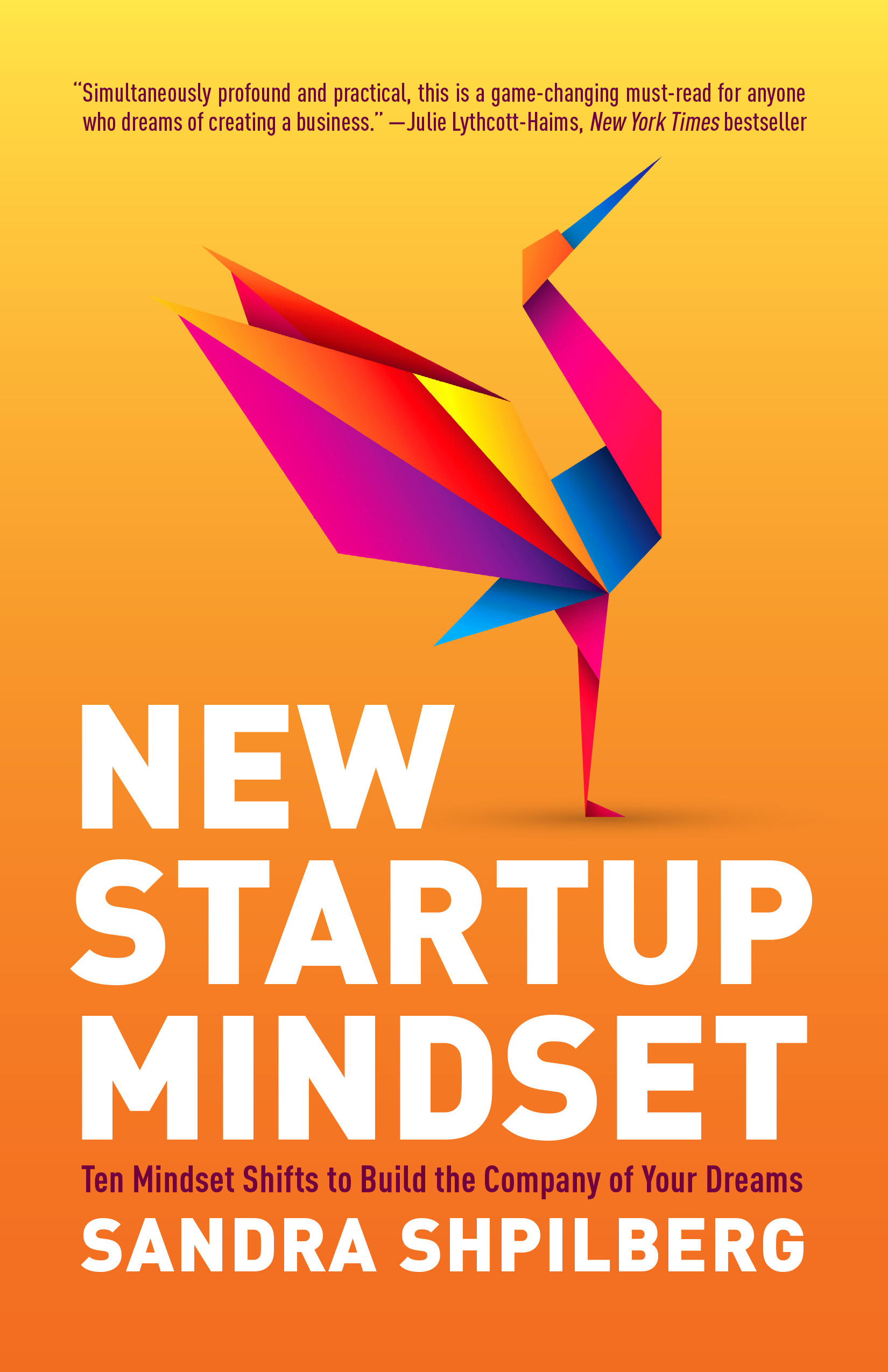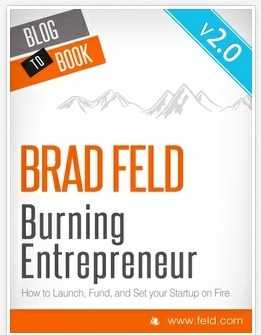
The $100 Startup: Reinvent the Way You Make a Living, Do What You Love, and Create a New Future
Book Description
What if the secret to escaping the grind of a nine-to-five lies in just a $100 investment? In "The $100 Startup," Chris Guillebeau unveils a world where passion meets profit, guiding everyday people to reinvent their careers and pursue their dreams without the corporate shackles. Each story reveals bold individuals who transformed their skills into thriving businesses, igniting a fire of creativity and resilience. With compelling concepts and actionable insights, this book offers a roadmap to a hopeful future. Are you ready to break free and unleash your potential in the entrepreneurial arena?
Quick Book Summary
In "The $100 Startup," Chris Guillebeau redefines entrepreneurship by highlighting how ordinary people can turn modest beginnings into fulfilling and profitable ventures. By presenting dozens of real-life case studies, he breaks down the path from passion to livelihood, showing that large investments or formal business plans are not prerequisites for success. The book emphasizes actionable steps such as identifying intersecting areas of passion and skill, testing business models quickly, and focusing on what customers truly value. Readers are empowered to take initiative, learn on the go, and embrace a flexible approach to entrepreneurship. Ultimately, Guillebeau’s motivational guide advocates for financial and personal freedom, encouraging readers to design the life and work they truly desire—often with surprisingly accessible resources.
Summary of Key Ideas
Table of Contents
Finding the Intersection of Passion and Value
Chris Guillebeau opens by debunking the myth that entrepreneurship requires vast capital, complex plans, or years of experience. Instead, he introduces the concept of microbusinesses: companies often started for $100 or less that allow individuals to leverage existing skills and passions. The book begins with stories of everyday people who, by spotting unique opportunities and focusing on what they already know, built thriving businesses out of seemingly modest pursuits. These examples set the tone for the book’s central tenet: anyone can start a business with minimal means if they are purposeful and observant.
Starting Small and Learning Quickly
At the heart of successful ventures is the convergence of what you love and what people are willing to pay for. Guillebeau encourages readers to identify their own "skills inventory," then assess how these skills can be repackaged to solve real problems or fill unmet needs. He underscores that ideas must not just align with passion, but also create tangible value for customers. Actionable strategies like market testing and validated learning help aspiring entrepreneurs quickly determine whether an idea has legs without significant risk.
Testing, Tuning, and Iterating Business Ideas
Rather than stressing over elaborate business plans, Guillebeau urges readers to just start—launching simple, small-scale offers to test demand. This "ready, fire, aim" approach helps avoid analysis paralysis and promotes quick learning. The book provides checklists, questions, and templates for refining ideas, setting prices, and gathering customer feedback. This focus on immediate action and low-cost experimentation is a hallmark, allowing microbusinesses to adapt rapidly and grow in alignment with customer responses.
Focusing on Customer Needs and Immediate Value
Understanding the customer’s perspective is a recurring theme. Guillebeau demonstrates that true business success comes from addressing pressing needs or desires—not just from the founder’s interests. Tools like creating a one-page business plan, rapidly prototyping offers, and learning from each attempt allow entrepreneurs to pivot and improve. He highlights how effective marketing is built on honest narratives and a strong value proposition, rather than expensive advertising.
Embracing Freedom and Redefining Success
Ultimately, "The $100 Startup" is a call to live deliberately, choosing freedom over convention. The stories and tactics within the book dismantle excuses, showing that anyone can create a meaningful livelihood with determination, creativity, and a focus on helping others. Guillebeau’s message is clear: autonomy and personal fulfillment are within reach for those willing to take small, consistent steps toward their goals, redefining what work and success can mean in today’s economy.
Download This Summary
Get a free PDF of this summary instantly — no email required.





